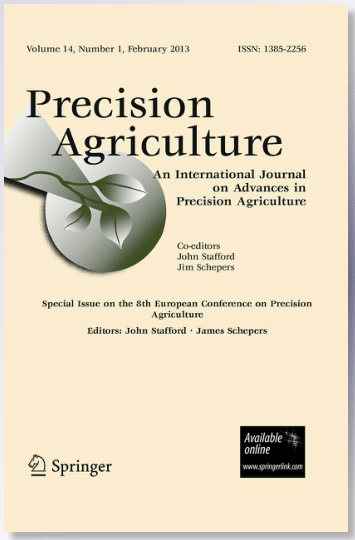In the present era of agricultural digitalization, documenting on-farm operations is critical. These records contextualize other layers of data and underpin economic analysis and informed decision-making. On-farm recordkeeping is rooted in an ancient tradition and has evolved from pen and paper to digital means integrating diverse tools and methods. These tools vary widely in mode of data recording and this presents challenges in achieving complete, accurate and interoperable data. Assessing this diversity of existing recordkeeping systems is a key step toward the improvement in recordkeeping systems that enhance data quality and interoperability. Despite the importance, as of present, comprehensive studies addressing this challenge are lacking. A systematic review of existing on-farm recordkeeping systems was carried out to address their advantages and weaknesses and to analyze their features and traits, focusing on interoperability and adherence to efficient and comprehensive on-farm recordkeeping. Paper-based recordkeeping, a longstanding and reliable method, is gradually being replaced by digital platforms. Many universities and agencies have released farm management spreadsheets and interactive database forms representing the initial step toward intuitive recordkeeping. Furthermore, farm management software, web apps, and user-friendly smartphone apps are increasingly crucial for handling agricultural big data. Notably, among the surveyed software packages and apps, most of them are not free and only a few support data interoperability. The survey also indicates a scope for further development in open-source tools with automation in recordkeeping. Adopting digital on-farm recordkeeping tools can positively impact both on and off the farm, fostering data interoperability, controlled yet flexible data access, completeness, and appropriate accuracy.



